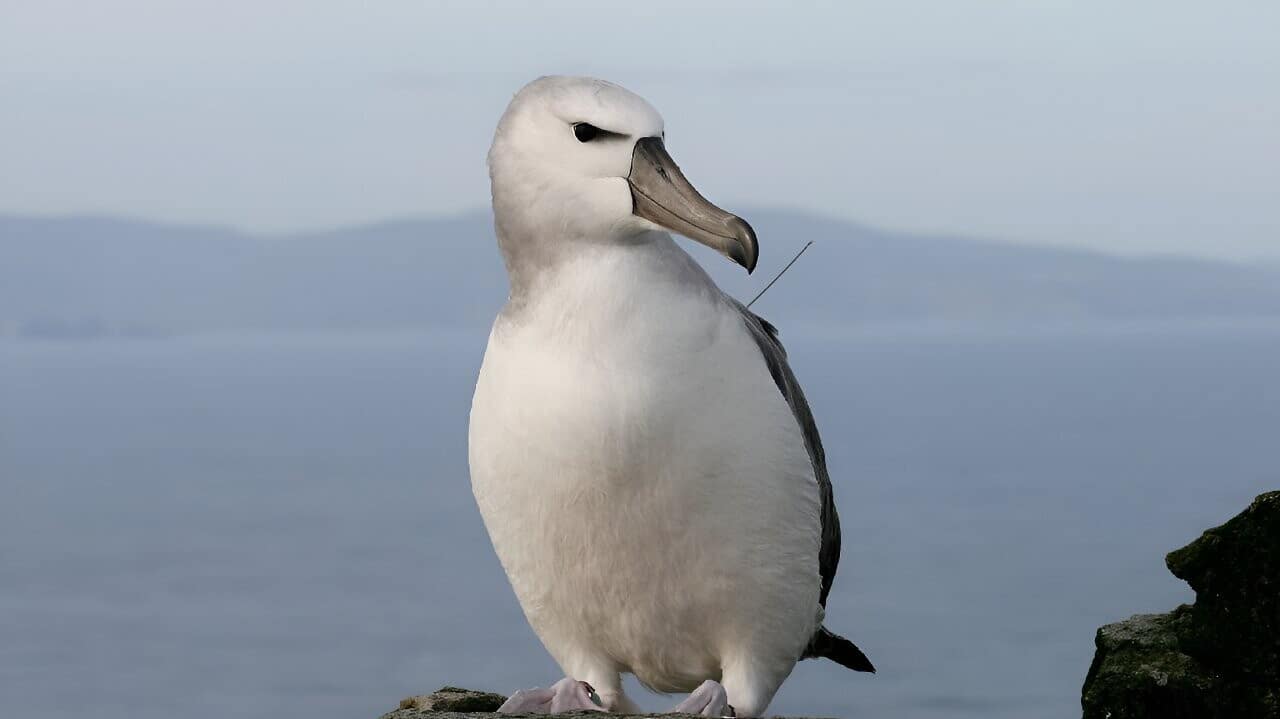
South Africa to 'bomb' invasive mice eating albatrosses alive
What's the story
Conservationists in South Africa have revealed a plan to combat the escalating threat of mice on Marion Island, which is endangering the survival of albatrosses and other seabirds. The strategy involves dropping tons of pesticide-infused pellets onto the island, located approximately 2,000km southeast of Cape Town. This initiative is in response to the alarming increase in mouse attacks on these birds, including the Wandering Albatross species.
Threat details
Mice attacks on albatrosses raise conservation concerns
Mark Anderson, a leading conservationist and CEO of BirdLife South Africa, has raised concerns about the increasing mouse attacks on seabirds. He revealed that mice have begun consuming live birds and their eggs, including those of the Wandering Albatross species. About a quarter of this species' global population nests on Marion Island. Anderson stated that "mice just climb onto them and just slowly eat them until they succumb."
Extinction risk
Seabirds pushed toward local extinction
The Mouse-Free Marion Project has reported that out of the 29 seabird species breeding on the island, 19 are at risk of local extinction due to mouse attacks. Anderson explained that these birds are ill-equipped to defend themselves against such predators, as they evolved without terrestrial threats. He emphasized the urgency of the situation by stating, "We are losing hundreds of thousands of seabirds every year through the mice."
Funding needs
Mouse-Free Marion project seeks funds for conservation effort
The Mouse-Free Marion Project is seeking to raise $29 million for its conservation effort, which involves deploying helicopters to drop 600 tons of rodenticide-infused pellets onto the island. The plan is to execute this operation in winter 2027, when mice are most hungry and summer-breeding birds are largely absent. Anderson emphasized the need for thoroughness in this mission, stating that "we have to get rid of every last mouse."
Climate impact
Climate change exacerbates mouse problem on Marion Island
Anderson has linked the surge in the mouse population to climate change, which has extended their breeding season. After depleting plant and invertebrate food sources, the mice turned to birds. This is not the first time an introduced species has threatened Marion Island's bird population. In the 1940s, cats were brought to control mice but ended up decimating about 450,000 birds annually until an eradication project removed them in 1991.